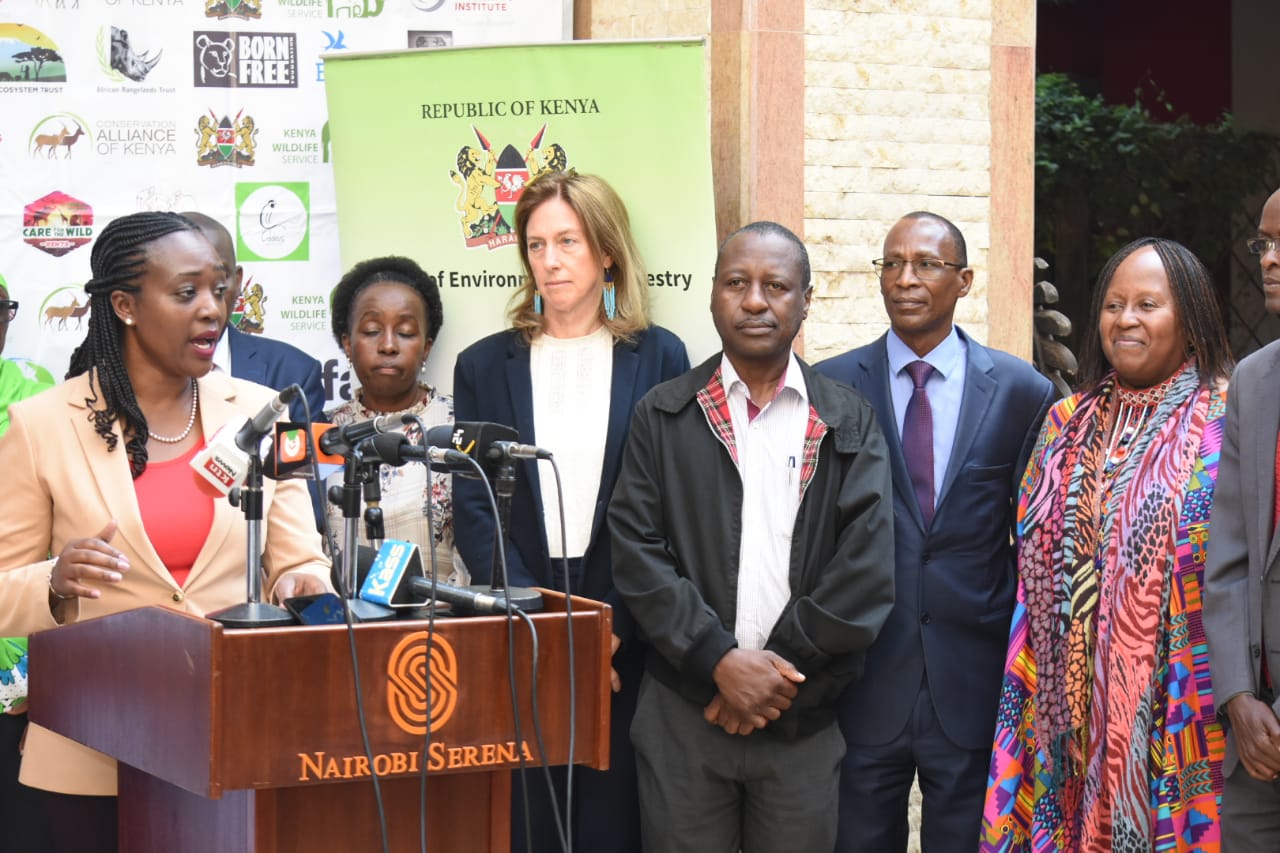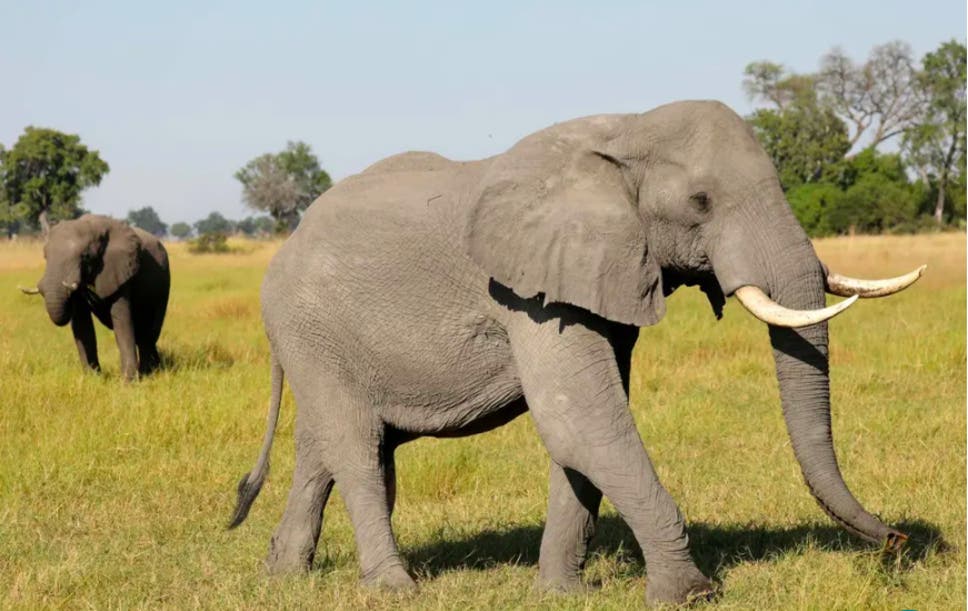Conservation Alliance of Kenya inaugural meeting with the Ministry of Environment, Climate Change and Forestry
The partnership between the governments and the private sector is crucial in formulating lasting
solutions, especially on matters environment and conservation. To this effect, the Conservation Alliance
of Kenya had a roundtable meeting with the Ministry of Environment, Climate Change and Forestry on
Wednesday, 1 March, at the Serena Hotel. Chairing the meeting were the Cabinet Secretary, Hon.
Sopian Tuya, and Steve Itela- Chairperson of the alliance.
It was a consultative meeting to plan the way forward in which Government can partner with the private
sector to achieve its goals for the restoration and protection of the environment, following executive
order one by H.E president William Ruto in his inaugural speech on 13 September 2022.
Public-private partnership is vital in the fight for environmental protection and restoration. Key areas of
partnership on the agenda were:
• Assessment of natural capital values, Biodiversity and carbon credits to increase revenue
• Policy and legal framework
• Public education and capacity building with the communities and sensitization on Environmental
issues and MEAs
• Partnerships with private stakeholders and partners
Industry technocrats who are passionate and willing to see the vision to full fruition are available to the
alliance in terms of expertise and technical awareness. It was concluded that key pillars must be
established for the partnership to thrive.
Grassland /forest restoration: By identifying areas of maximum restoration potential. Adoption of green
schools and conservancies to grow trees based on seed suitability and availability
Water Catchment/Wetlands protection: Securing and protecting the existing water towers. Through
legislation and public participation. That is growing trees for charcoal and affordable alternative fuels for
domestic use.
Funding: It was proposed that 1 % of GDP be committed toward environment conservation efforts.
Additionally, securing funding from the private sector through CSR activities and initiatives to achieve
sustainability of the same.
Dialogue/ Roundtable: There is wisdom in the counsel of many. It was suggested that a quarterly round
table would be necessary to allow for the development and growth of these key pillars.
The Governments initiative to plant 15 billion trees in the next 10 years was also key in the agenda. This
seems/seemed like an insurmountable task. In the words of Nelson Mandela, it’s only possible once
done. The rationale behind this initiative is that if every Kenyan can plant 300 hundred trees over the
next 10 years, we will have achieved this goal. In essence, that is 30 trees a year which is simply
three trees a month.



